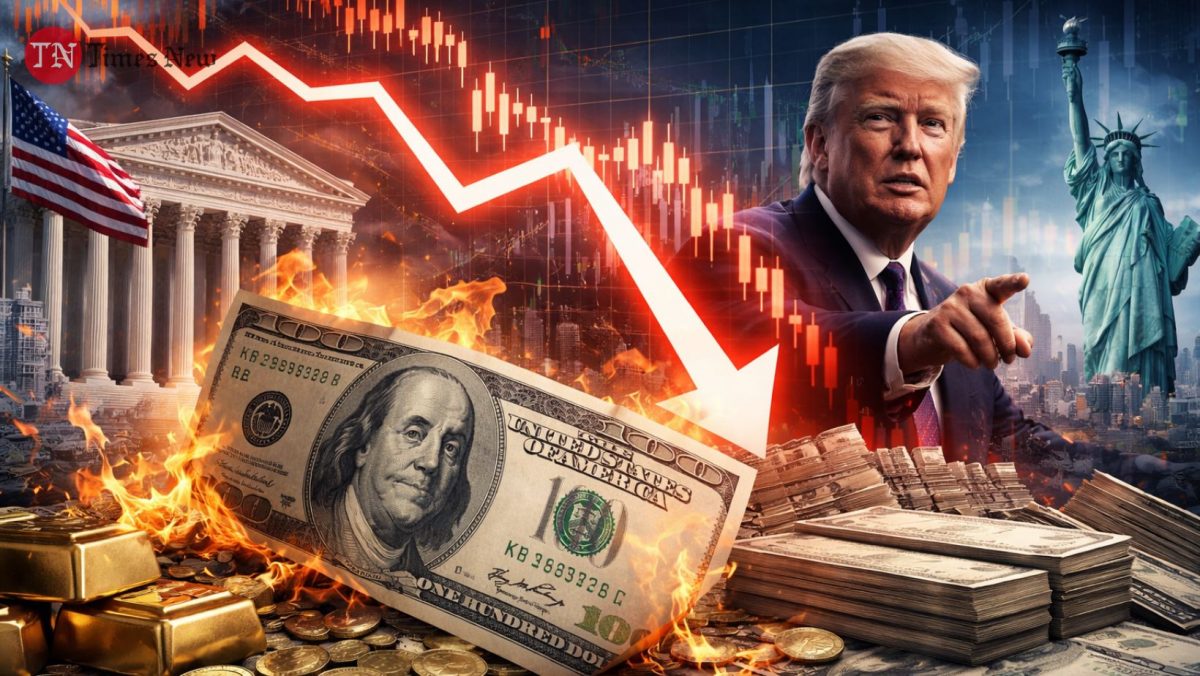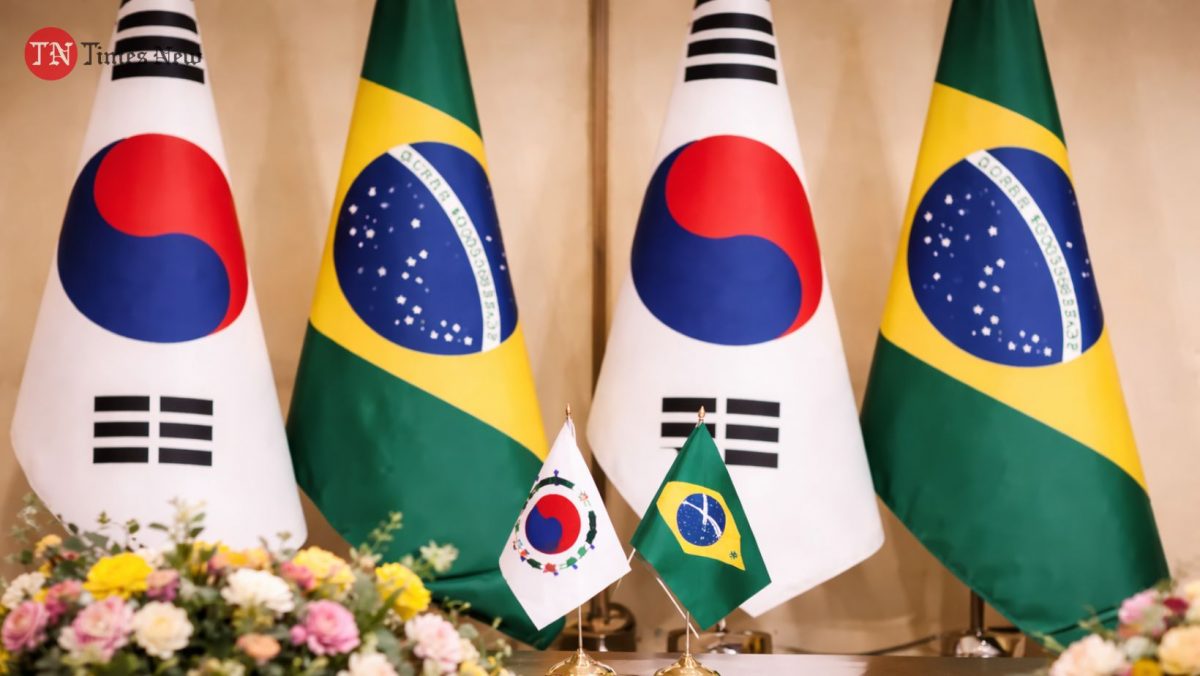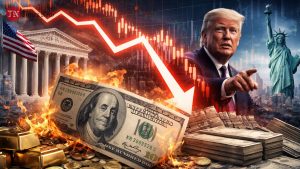
In a significant move, President Donald Trump announced on Monday that the United States would be withdrawing from the World Health Organization (WHO), citing the agency’s mishandling of the COVID-19 pandemic and other international health crises. Trump accused the WHO of failing to act independently, bowing to “inappropriate political influence” from its member states, particularly China. He also criticized the financial burden placed on the U.S., stating that the country’s contributions were disproportionate compared to other nations.
The decision to withdraw, which will take effect in 12 months, will see the U.S. cease its financial contributions to the WHO, halting its status as the agency’s largest donor. The move is expected to disrupt several vital programs within the WHO, especially those addressing diseases like tuberculosis, HIV/AIDS, and other global health emergencies. Trump’s executive order also mandates a halt to U.S. negotiations on the WHO pandemic treaty and the reassignment of U.S. personnel working with the agency.
While the U.S. withdrawal is not a new development, following similar actions in 2020, it comes at a time when the WHO is at the forefront of global health governance. China responded by affirming its support for the WHO, emphasizing the need to strengthen the agency’s role in global public health. The U.S. departure marks a pivotal moment in the future of the WHO and global health cooperation.
Pic Courtesy: google/ images are subject to copyright









